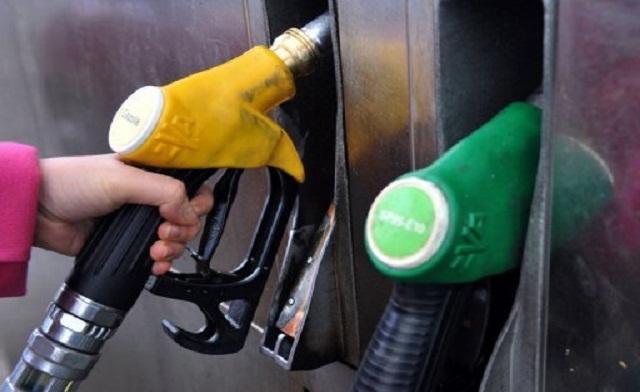Egypt’s government is making significant strides towards a more sustainable waste management system, with key ministers collaborating on crucial infrastructure projects. On Wednesday, the Ministers of Environment, State for Military Production, and Local Development met to discuss progress on implementing municipal solid waste systems in various governorates.
Among the key focuses was the waste-to-electrical energy conversion station project in Giza’s Abu Rawash area. Environment Minister Yasmine Fouad emphasized the importance of inter-ministerial collaboration for building an integrated waste management system.
“The Abu Rawash project marks a significant step towards converting waste into energy,” Fouad stated. “It not only tackles environmental concerns by reducing waste accumulation and landfill pressure, but also offers economic and social benefits.”
The project will produce 30 megawatts of electricity per hour from 1,200 tons of waste daily. The generated energy can be used for the station’s internal needs and fed into the grid, providing a valuable financial return.
Minister Fouad assured that her ministry is actively overcoming challenges to expedite project implementation, closely collaborating with the investor to ensure timely completion.
State Minister for Military Production, Mohamed Salah, elaborated on the project’s specifics. He highlighted the ongoing exploration of connecting the Abu Rawash station to the Giza Industrial Transformer Station, ensuring its technical readiness for the additional load. Determining the cable route between the two sites is also underway in collaboration with the Ministry of Electricity and Renewable Energy.
This collaborative approach underscores Egypt’s commitment to addressing waste management challenges through innovative solutions that benefit both the environment and the economy. The Abu Rawash project stands as a beacon of progress, paving the way for a more sustainable future.




